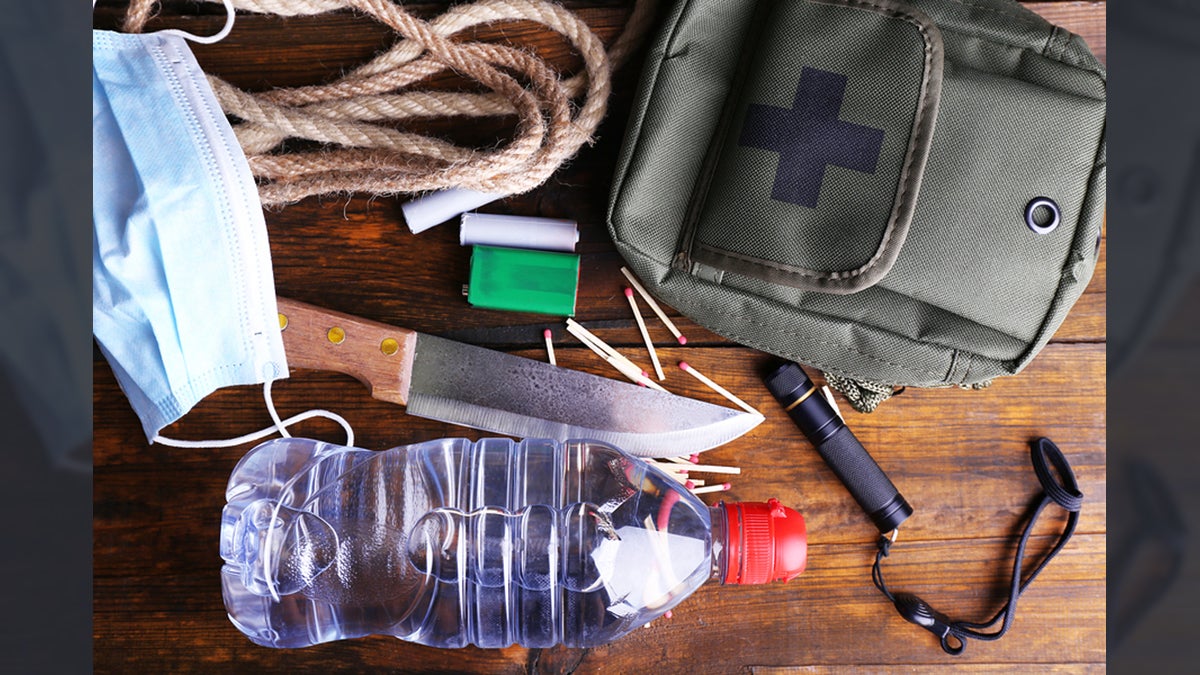Getting people with disabilities and emergency responders talking before the big storm

(Yastremska/BigStock)
As Philadelphia bundles up for winter, advocates across Pennsylvania want people with disabilities to be better prepared for emergencies, and for responders to be more aware of the communities they serve.
A recent report by Temple University’s Institute on Disabilities identified areas of emergency management that could be improved with better communication between communities with functional needs and local planners.
Sylvia Twersky, who lead the study, says local communication is vital because in Pennsylvania, emergency planning capacity varies by county. “In some places you might have an emergency management office that has two people working there,” said Twersky. “And obviously in a place like Philadelphia that number is exponentially larger, so the resources that are available to do this kind of work are very different area by area.”
The study found that people with disabilities, like the general population, reported being underprepared for emergencies. Bob Mecca is the Executive Director at LIFT, an center for independent living in rural St. Mary’s, Pennsylvania. He uses a wheelchair himself, and admits that he didn’t have a plan until he attended a training event.
“I truly never really thought about it until I attended the My Emergency Readiness Plan PA program,” he said. These days, “I have an emergency kit in my car that’s kind of a work in progress. I even picked up a toothbrush and toothpaste because one of the presenters made a comment that if you’re out there for a long time and a rescuer comes up to you- you don’t want to be the one with the bad breath!” he joked.
Mecca will also attend community meetings to give local leaders advice on how to improve accessibility during an emergency. He says a good place for responders to start is just by asking what the person needs.
“Don’t assume that every person’s disability is the same. I know it’s an emergency situation but try and take extra care, not extra time, to try to communicate with that person. And ask them how you can best help them,” he said. “Everybody has an individual need and the best way to do what’s in their best interests is to communicate with them.”
Amy Goldman, co- executive director at Temple’s Institute on Disabilities, has run emergency preparedness trainings through the state’s MyPA Ready program. As an educator, she says she doesn’t want the threat of disasters to overshadow more common emergencies.
“When we talk about emergency preparedness it’s not just the storm that’s going to blanket 20 eastern counties,” said Goldman. “But it’s also the fire in the row home two doors down. What are your plans? You need to leave, how do you leave? What do you take with you?” she asked.
Goldman also wants to see a broader conversation of who might need extra help, and says instead of identifying people as “disabled,” it’s more accurate to asses people’s “access and functional needs.” She says people with enduring disabilities often have more opportunities to plan for an emergency with care providers. She worries about the man with a broken leg, or the woman who is 8 months pregnant, who didn’t plan ahead.
“So think about the people that you know, with or without functional needs, are they prepared? Are you prepared? Do you have a go kit at home? At the workplace? In your car? How do you get your information about being prepared? Is it only during the event and you join the hoards to buy water and batteries at Home Depot?” she said.
The Philadelphia Emergency Planning Committee hosts regular community meetings, and encourages citizens of all abilities to voice their concerns. The Pennsylvania Emergency Management Agency (PEMA) has free preparedness app, and Temple’s Institute on Disabilities offers a step-by-step guide, My Emergency Readiness Plan PA.
WHYY is your source for fact-based, in-depth journalism and information. As a nonprofit organization, we rely on financial support from readers like you. Please give today.

